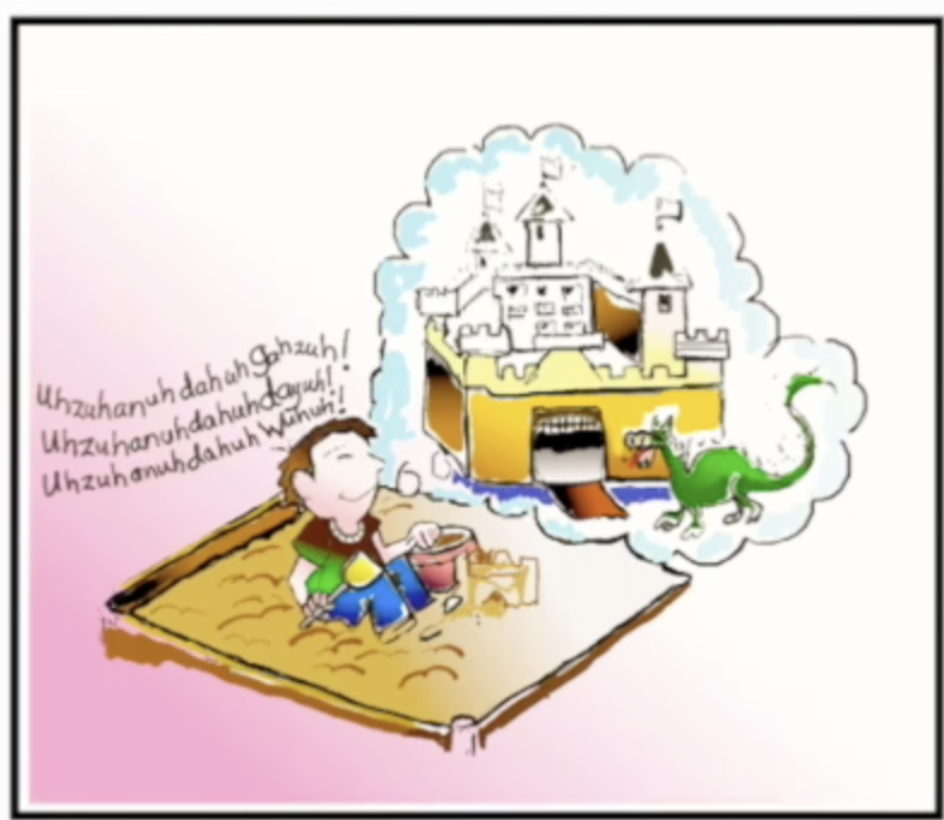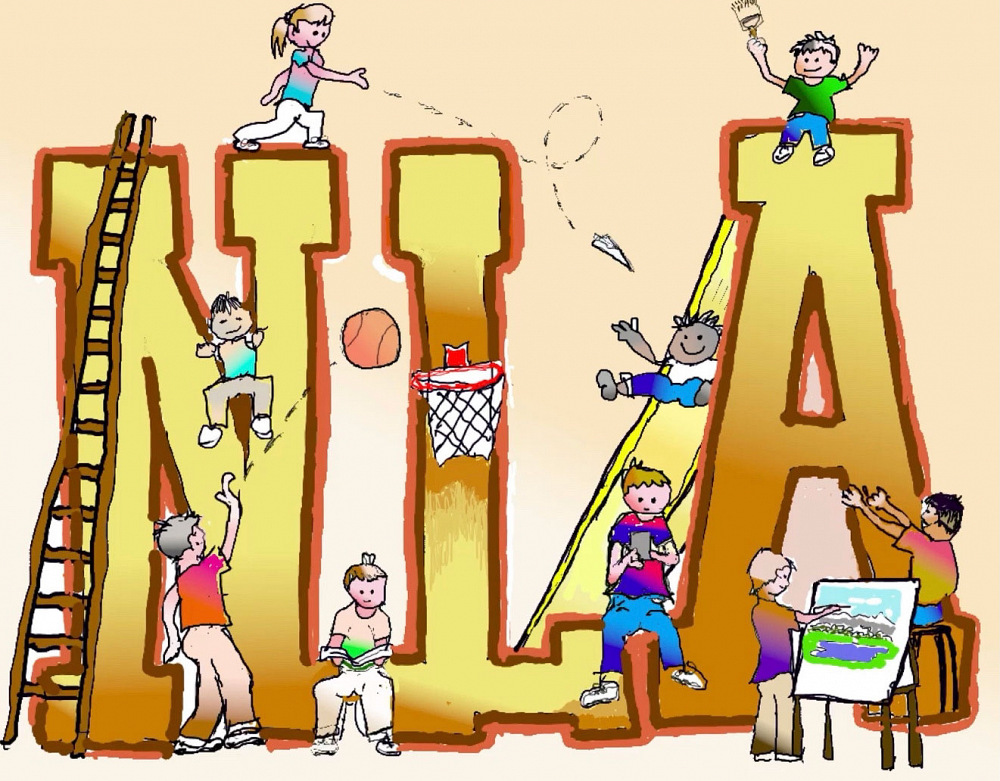Natural Language Acquisition
What if you viewed echolalia through the lens of natural language acquisition?
Autistic children can be either analytic or gestalt language processors.
The NLA program teaches participants how to distinguish these two learning styles and discusses appropriate treatment planning for children who are gestalt language processors. The methods and strategies taught in this program follow Natural Language Acquisition principles.
This Complete Program Includes:
-
Self-Paced, 10.5 hour online training
-
Handout describing and illustrating NLA Stages
-
Handout describing the research base of NLA
-
Handout describing goal-writing with NLA
-
Reprintable NLA Scoring form
-
Handout of Developmental Sentence Types (DST)
-
Handout of Developmental Sentence Scoring "core grammar" (DSS)
-
Spreadsheet of Developmental Sentence Scoring chart
-
Reprintable Developmental Sentence Scoring form
-
Original article on Natural Language Acquisition
-
Follow-up support via the Natural Language Acquisition Practitioners (Private Facebook Group)
Video Library – Natural Language Acquisition
Why is this NLA course unique?
This advanced NLA Level 3 Course describes how the unique challenges of individual gestalt language processors can be addressed in treatment. It also explains how gestalt language processors self-generate language. Four in-depth case studies are presented early in the course with commentary from the students’ SLPs and/or parents. The case studies cover a range of ages and presenting profiles, and enhance learning during the rest of the course. The outline of the course is a conversation between the presenter and a parent of an older individual who began NLA as a ten-year old. Astute questions, in-depth answers, and supporting video presentations of clinical supports, language development supports, and the work of a cutting-edge neuroscientist add strength and variety to the presentation. Echolalia in older individuals is highlighted — along with options for clients who begin the NLA process late in their elementary, middle school, or even high school years. Participants who complete the Level 3 Course will be prepared to establish goals, plan treatment, and explain NLA to co-workers and families.
BECOME A PART OF NLA TEACHING

What would your treatments look like for autistic children if you considered echolalia meaningful attempts to communicate?
